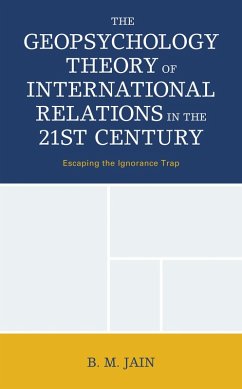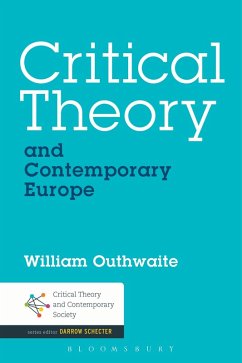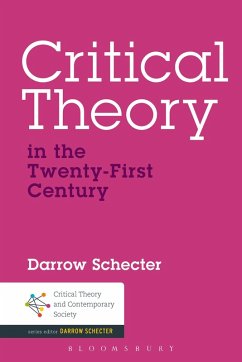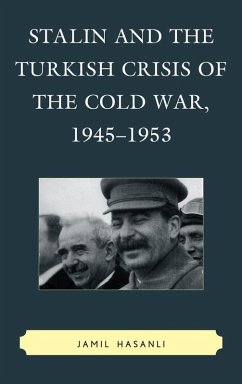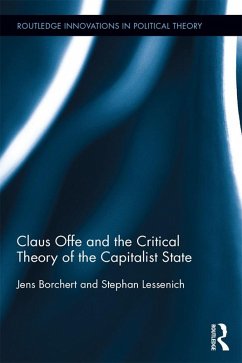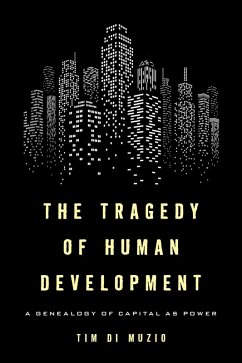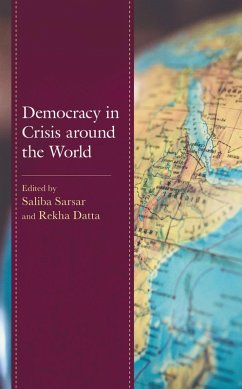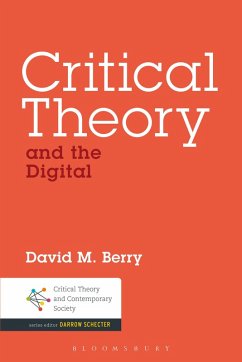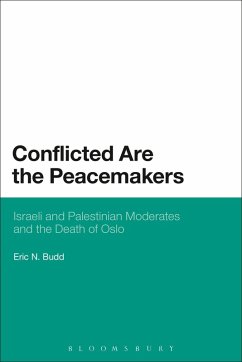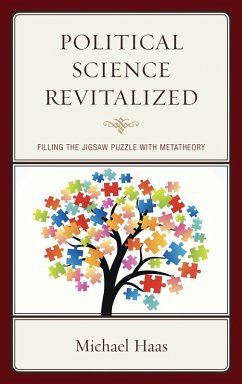
Critical Theory and the Crisis of Contemporary Capitalism (eBook, ePUB)
Versandkostenfrei!
Sofort per Download lieferbar
109,95 €
inkl. MwSt.
Weitere Ausgaben:

PAYBACK Punkte
55 °P sammeln!
This volume reassesses the nature of the current global economic crisis and its implication for the 21st century, through the unique lens of Marx's theory of the value-form as the unconscious matrix of modern society. Going beyond orthodox Marxist and postmodernist accounts, the author offers fresh new readings of Marx, Benjamin, Foucault, and Zizek. Here he argues that capitalism has not only entered its greatest crisis since WWII, but has in fact reached its historical limit and is in terminal decline. In this light, the book seeks to answer how a rerun of Keynesian regulations could possibl...
This volume reassesses the nature of the current global economic crisis and its implication for the 21st century, through the unique lens of Marx's theory of the value-form as the unconscious matrix of modern society. Going beyond orthodox Marxist and postmodernist accounts, the author offers fresh new readings of Marx, Benjamin, Foucault, and Zizek. Here he argues that capitalism has not only entered its greatest crisis since WWII, but has in fact reached its historical limit and is in terminal decline. In this light, the book seeks to answer how a rerun of Keynesian regulations could possibly resolve the crisis. It also inquires as to whether a Green New Deal might succeed when the gap between work to be had and work to be done widens, and what alternatives neo-Marxian approaches offer considering the failure of Marxism in the 20th century. This far-reaching, critical examination of the crisis not only builds on critical theory, but also offers new readings of key theorists that will appeal to anyone interested in political theory, critical theory, and political economy.




